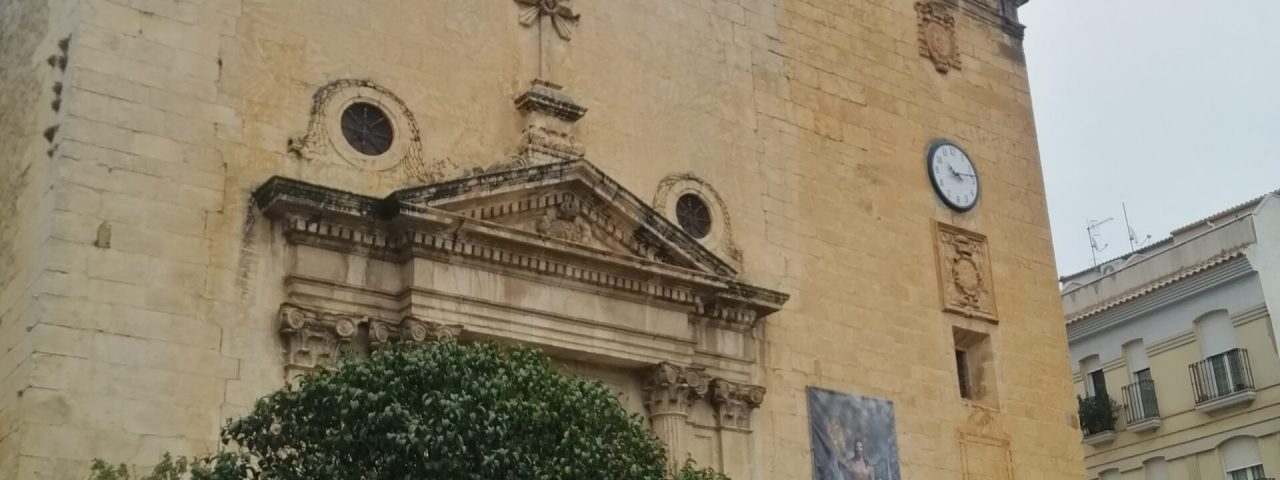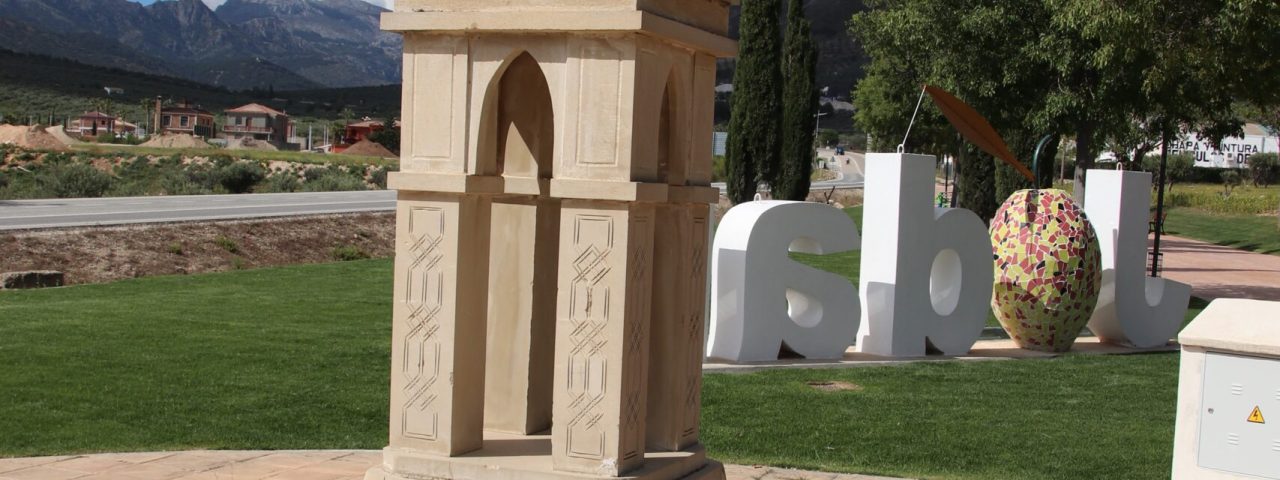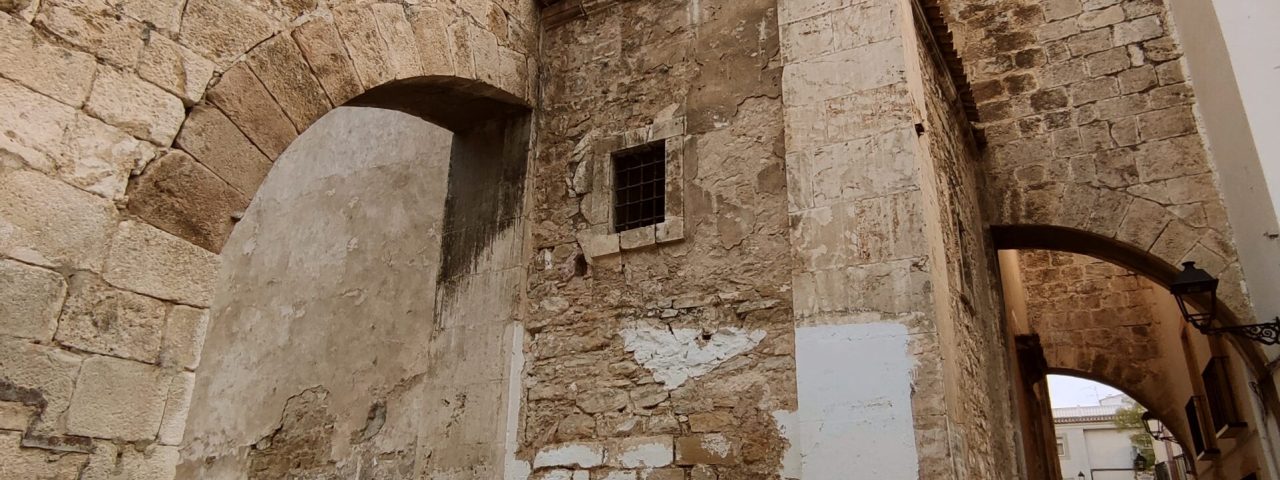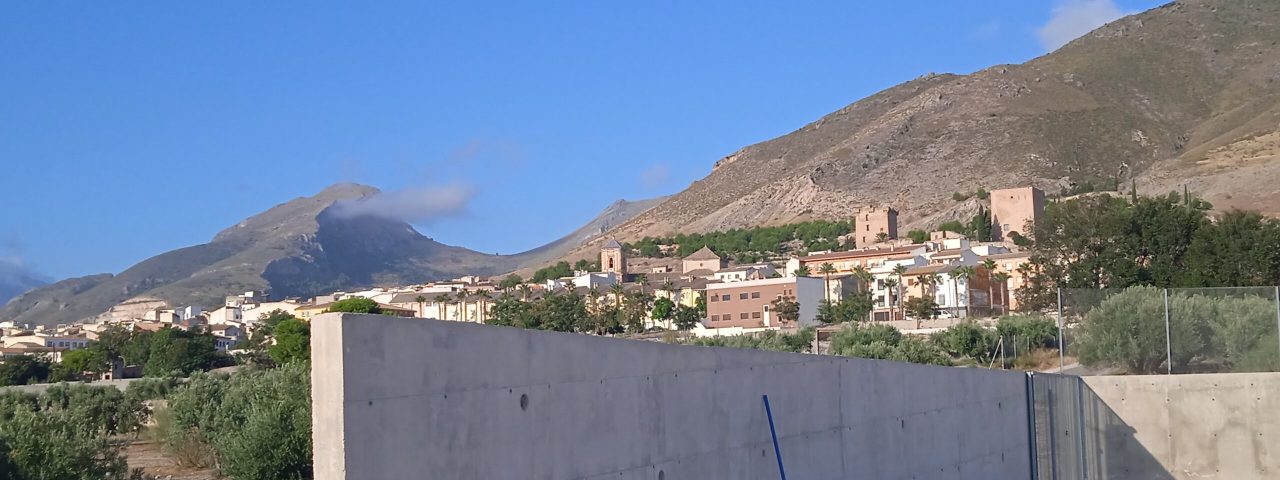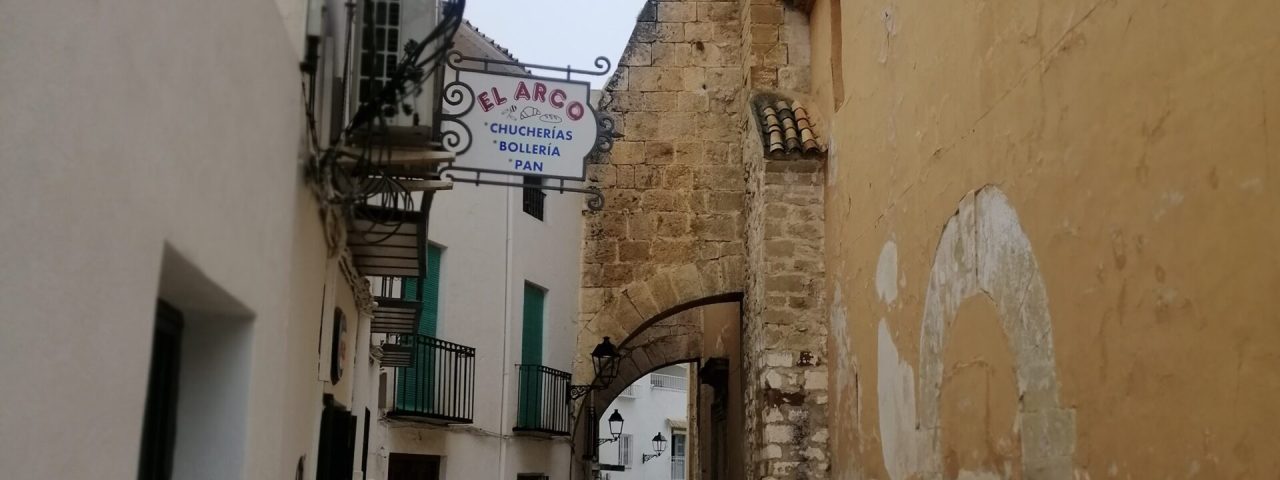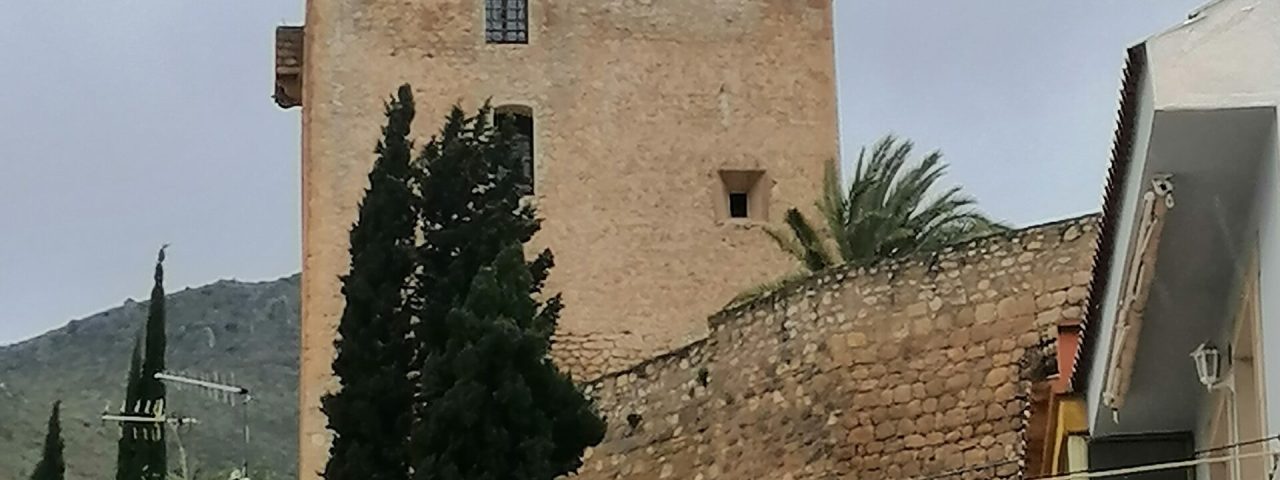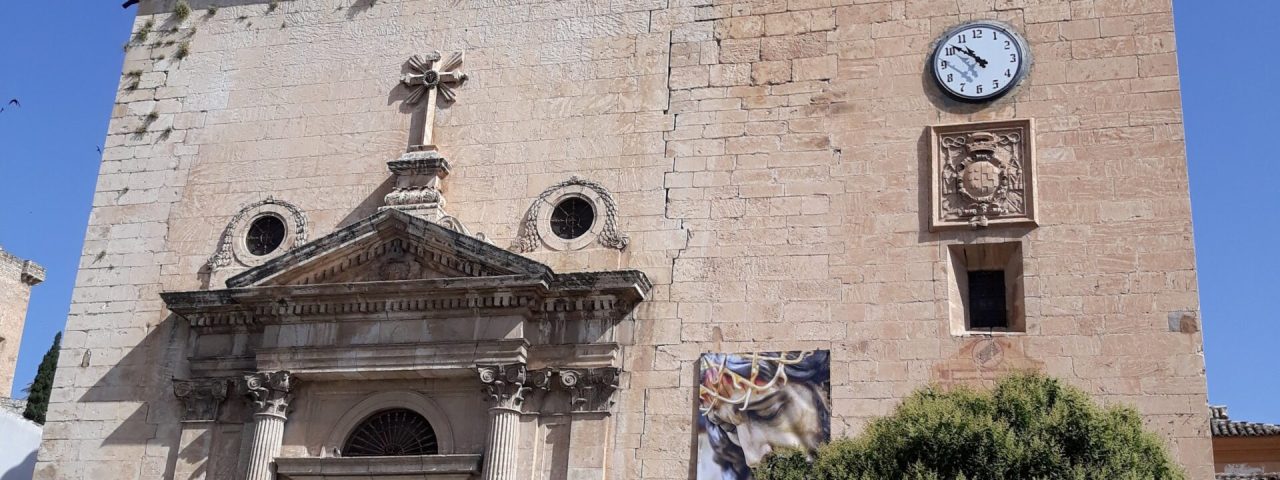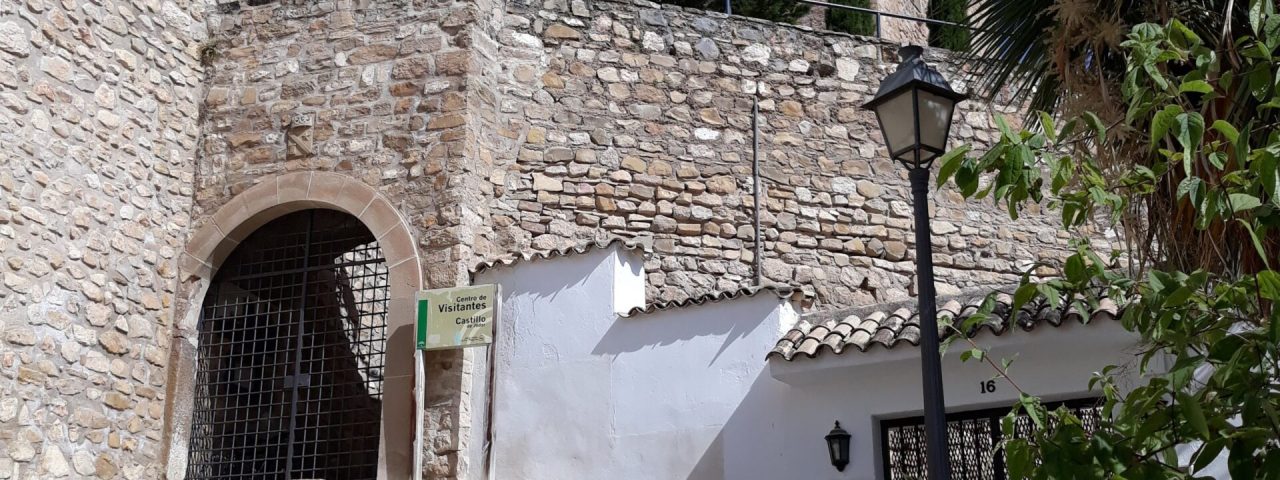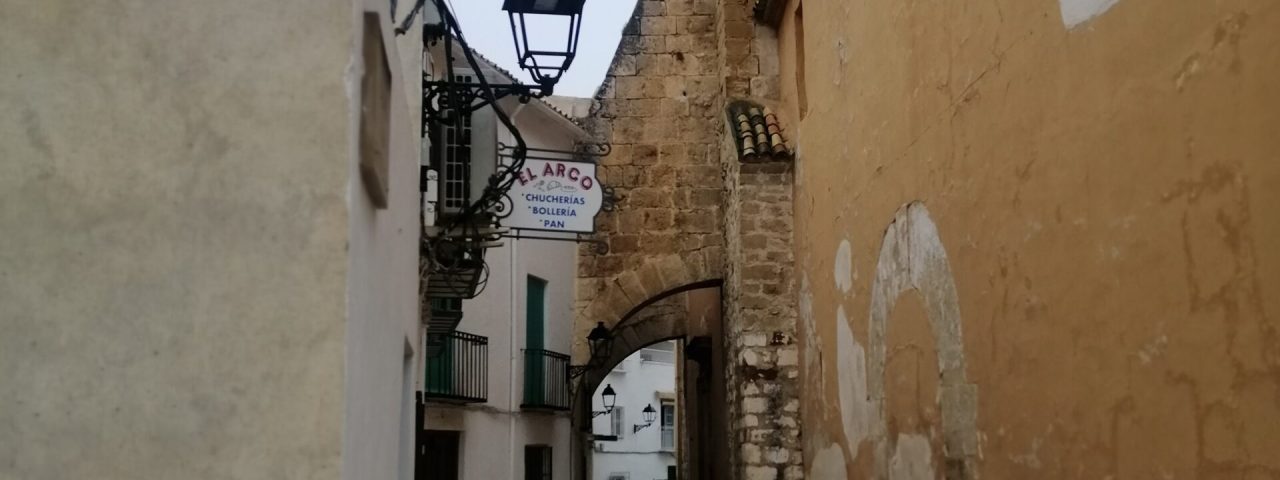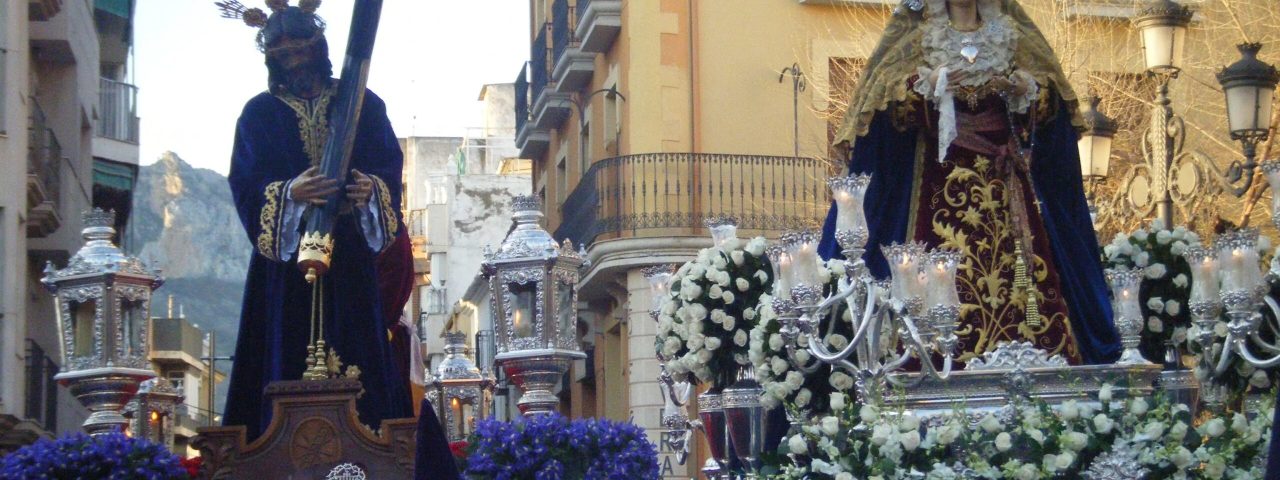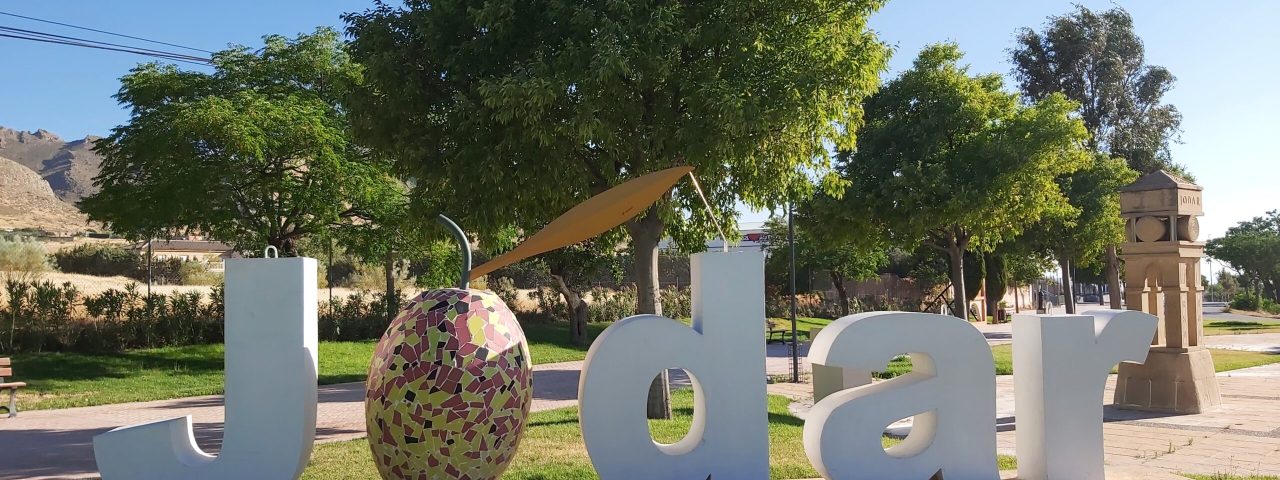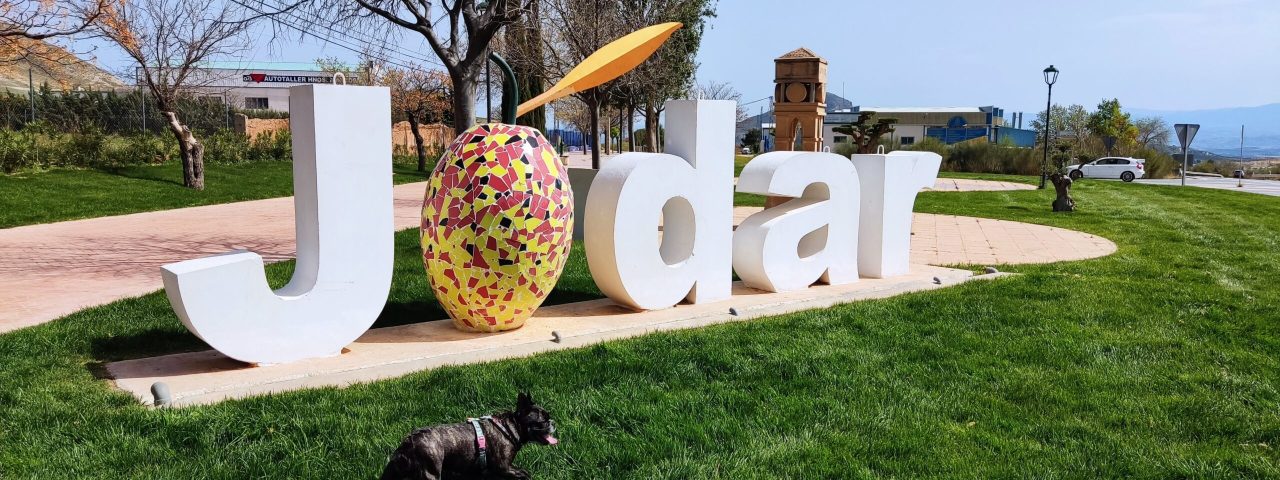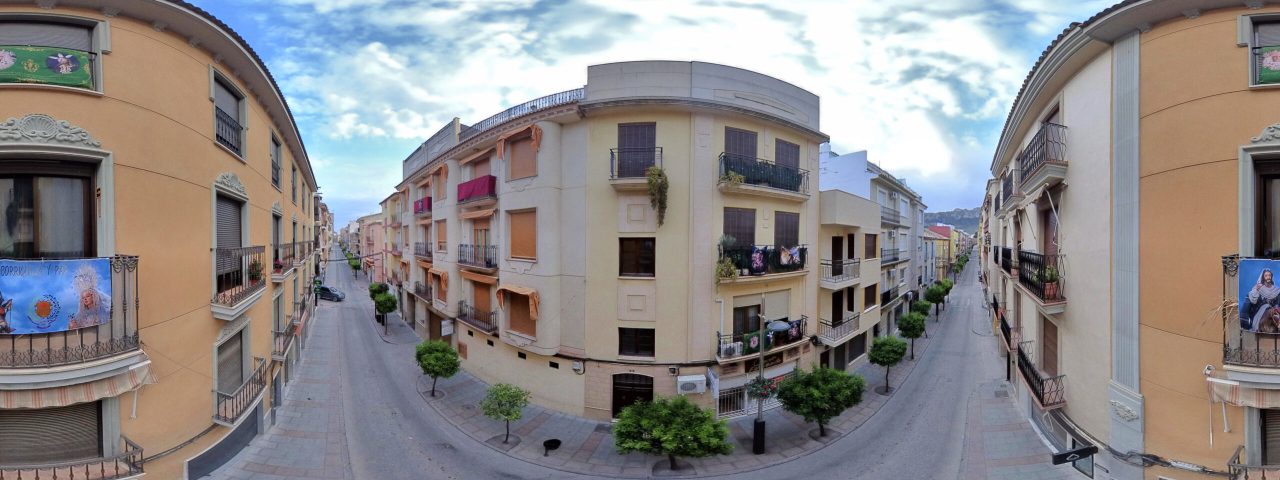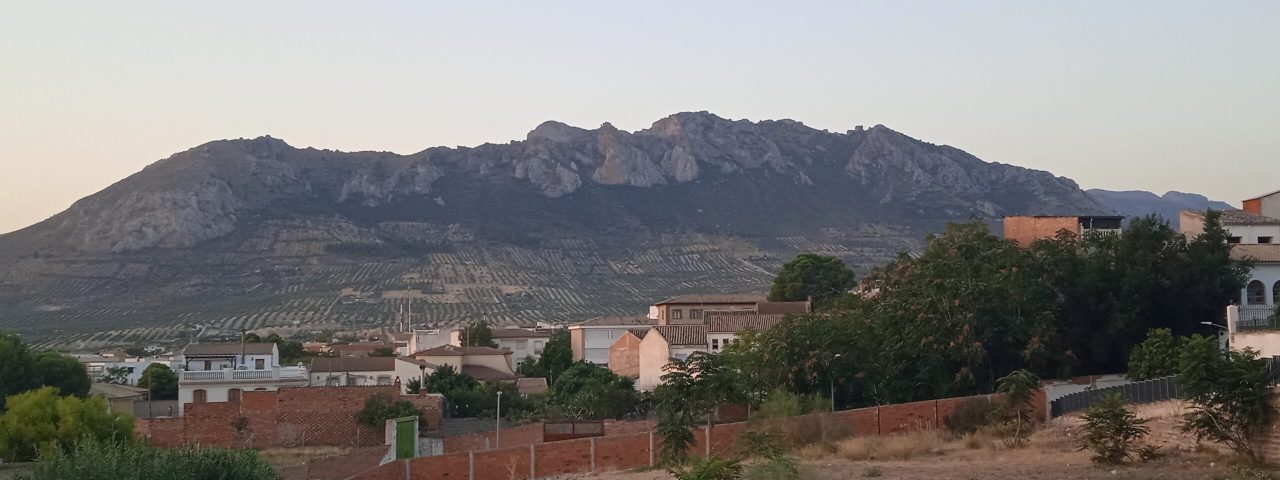Jódar’s rich history dates back to Roman times, but it flourished particularly under Moorish rule, when it became a fortified city and a key part of the defensive network for the region. The legacy of this period is still visible in the impressive Castillo de Jódar, a Moorish fortress that dominates the town’s skyline. After the Christian Reconquest in the 13th century, Jódar continued to play a role as a strategic military site and became a center for olive oil production, a heritage that remains to this day.
Culturally, Jódar is steeped in Andalusian traditions, with many festivals celebrating its history and religious heritage. One of the most important events in the city is the annual “Fiestas Patronales” in honor of the city’s patron saints, San Sebastián and San Isidro, celebrated in May. These festivals bring the streets of Jódar to life with music, dancing, parades, and religious processions. The Semana Santa (Holy Week) celebrations are also particularly grand, showcasing the deep-rooted Catholic traditions of the region through beautifully crafted processions.
In addition to its festivals, Jódar takes pride in its artisan traditions, especially in pottery and olive oil production, which have been part of the local culture for centuries. Visitors can explore workshops and olive mills to learn about these crafts that form the backbone of Jódar’s cultural identity.
